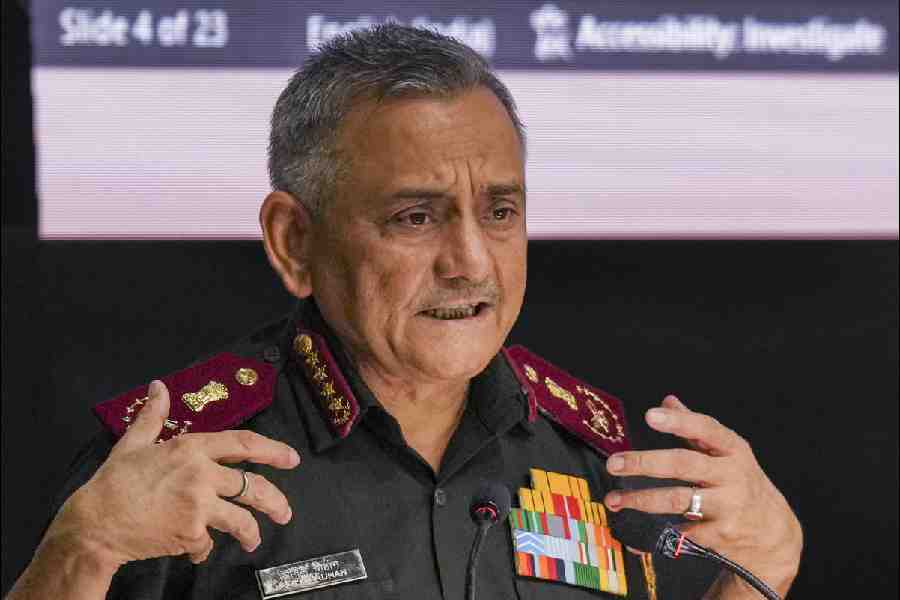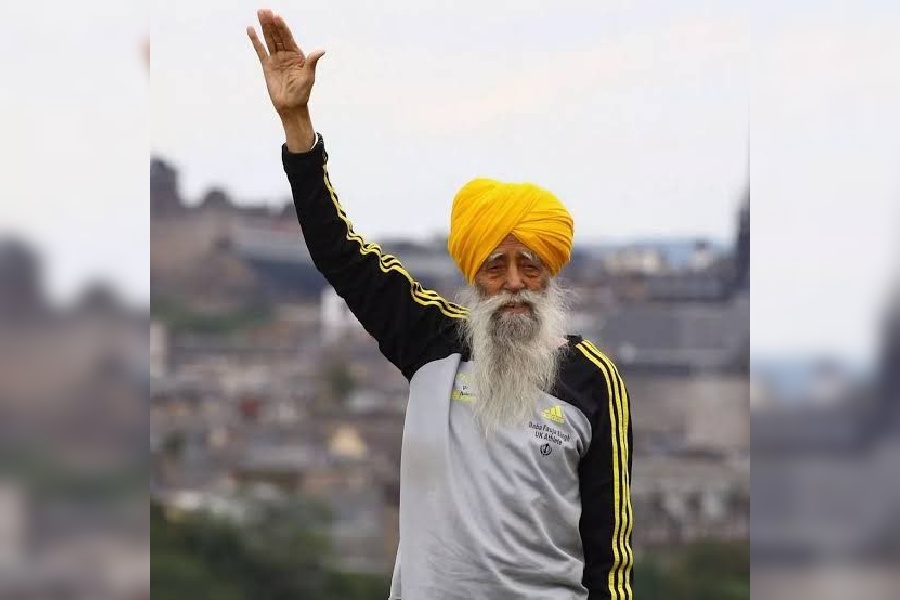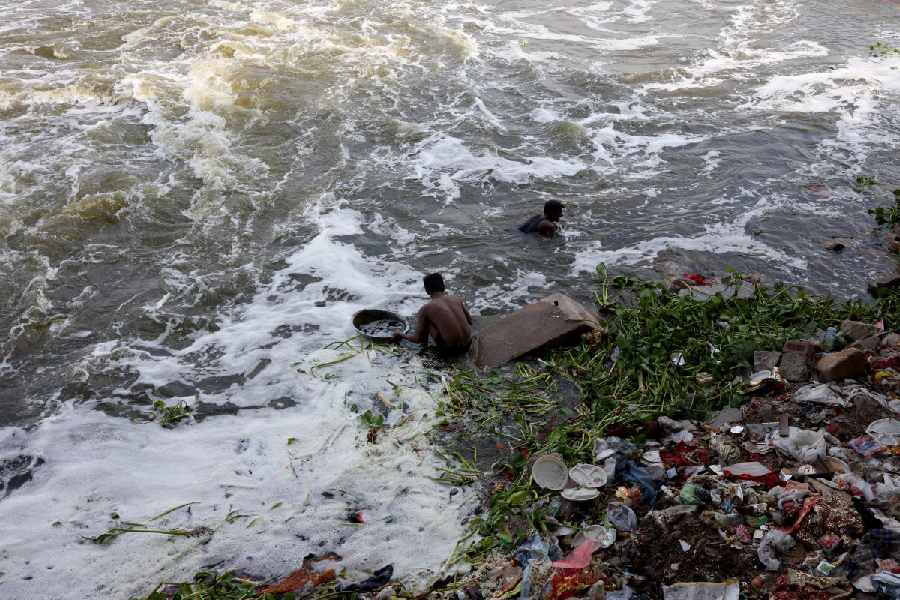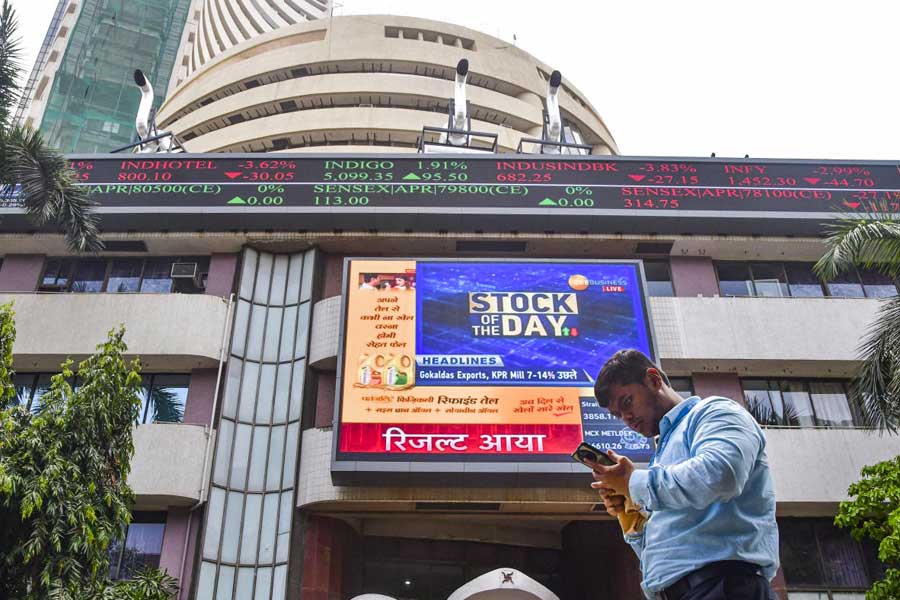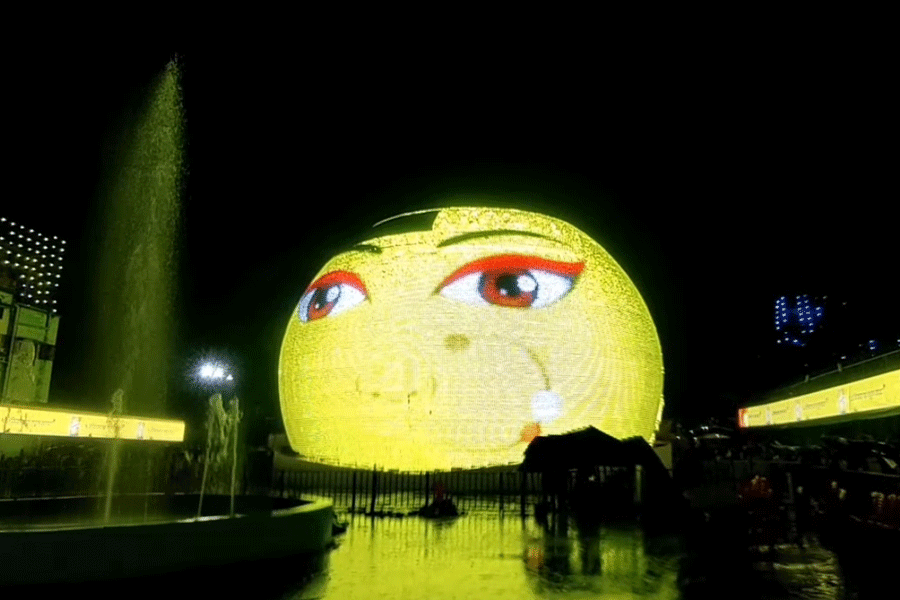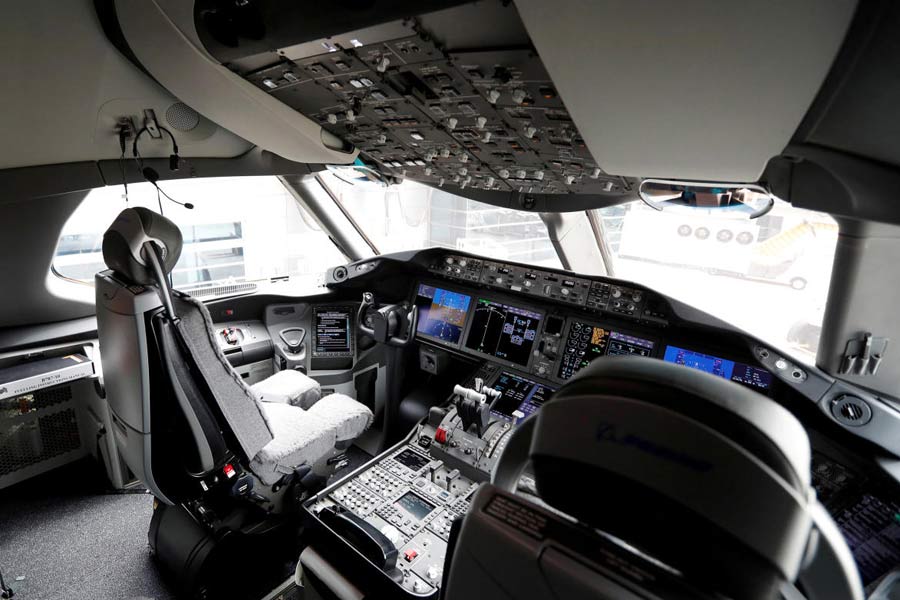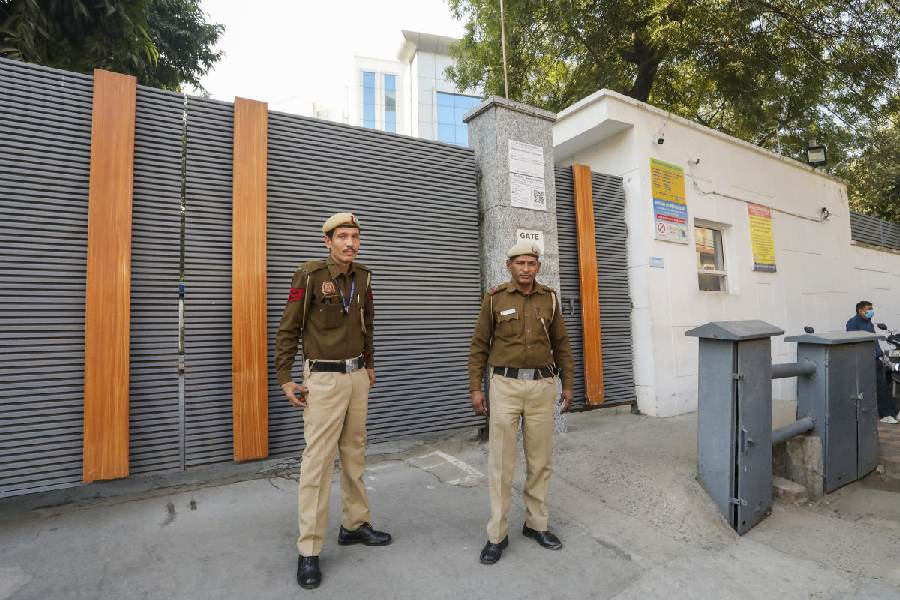Calcutta, Sept. 18: Brace for transport trauma on Thursday as the state’s bus fleet shrinks with 38,000 vehicles off the roads for 48 hours in demand of a fare hike.
The Joint Council of Bus Syndicates said on Wednesday that 38,000 buses wouldn’t ply in the city and the districts for two days, leaving barely 3,000 private vehicles and an even smaller state-run fleet to ferry lakhs of commuters.
Transport minister Madan Mitra declared that the strike would have little effect, promising to deploy additional state-owned buses to keep public transport normal.
“All transport corporations have been asked to gear up to counter this strike. Their fleets will ply in greater strength than usual, especially during rush hour. The police have been asked to ensure that commuters are not inconvenienced,” he said.
The minister didn’t say how many additional state-owned buses would ply for the duration of the strike.
Sources said the transport corporations did not have enough vehicles in running condition to keep their own services normal, let alone make up for the shortfall.
The South Bengal State Transport Corporation, North Bengal State Transport Corporation, West Bengal Surface Transport Corporation and the Calcutta Tramways Company have a combined fleet of around 1,500 buses, of which 700 to 900 ply daily.
Around 600 more buses in the state-owned fleet are in various stages of disrepair, sources said.
“Even if we take out all 1,500 state-owned buses, it won’t solve the problem. The strike is most likely to cause a great deal of inconvenience to people,” a senior official of the transport department said.
The 3,000-odd private buses that are expected to ply on Thursday are under the Bengal Bus Syndicate.
Bus operators have been pressing for a hike in fares since November 2012, when the last revision took effect.
They say that the previous increase in fares was so negligible that it hardly covered operational costs.
The government has held several rounds of talks with the bus operators but it’s refusal to increase fares has been a hurdle.
Minister Mitra said taking the strike route to force a fare hike was “wrong” and the government would not succumb to any such pressure tactic.
“I have told the operators time and again that going on strike for two days or four days or 14 days won’t get them anywhere. A fare hike is out of the question right now. By joining this strike, they are closing the door to a dialogue,” Mitra said.
The minister accused the CPM of intimidating a section of bus operators into supporting the strike.
“There is a conspiracy. The CPM is backing those who are in favour of the strike. Unwilling operators are being threatened,” the minister said.
Mitra also challenged the argument that running a bus had become a loss-making business because of the government’s refusal to revise fares.
“I have asked them (the bus operators) so many times to come to me with their balance sheets and show me that they are incurring losses. They have never been able to do so,” he said.
CPM leader Shyamal Chakraborty contested the allegation that his party was behind the bus uprising. He said the Mamata Banerjee government had made a habit of “sniffing a CPM-backed conspiracy everywhere”.
Bus operators blamed the government for the impasse.
“The transport minister knows that our demand for a fare hike is justified. We have tried and failed to solve this through discussion. The strike was the only option left,” said Tapan Bandopadhayay, joint secretary of the Joint Council of Bus Syndicates. “Private operators have been bleeding for so long, they will participate spontaneously. Most of them will have to go out of business if there is no increase in fares.”


